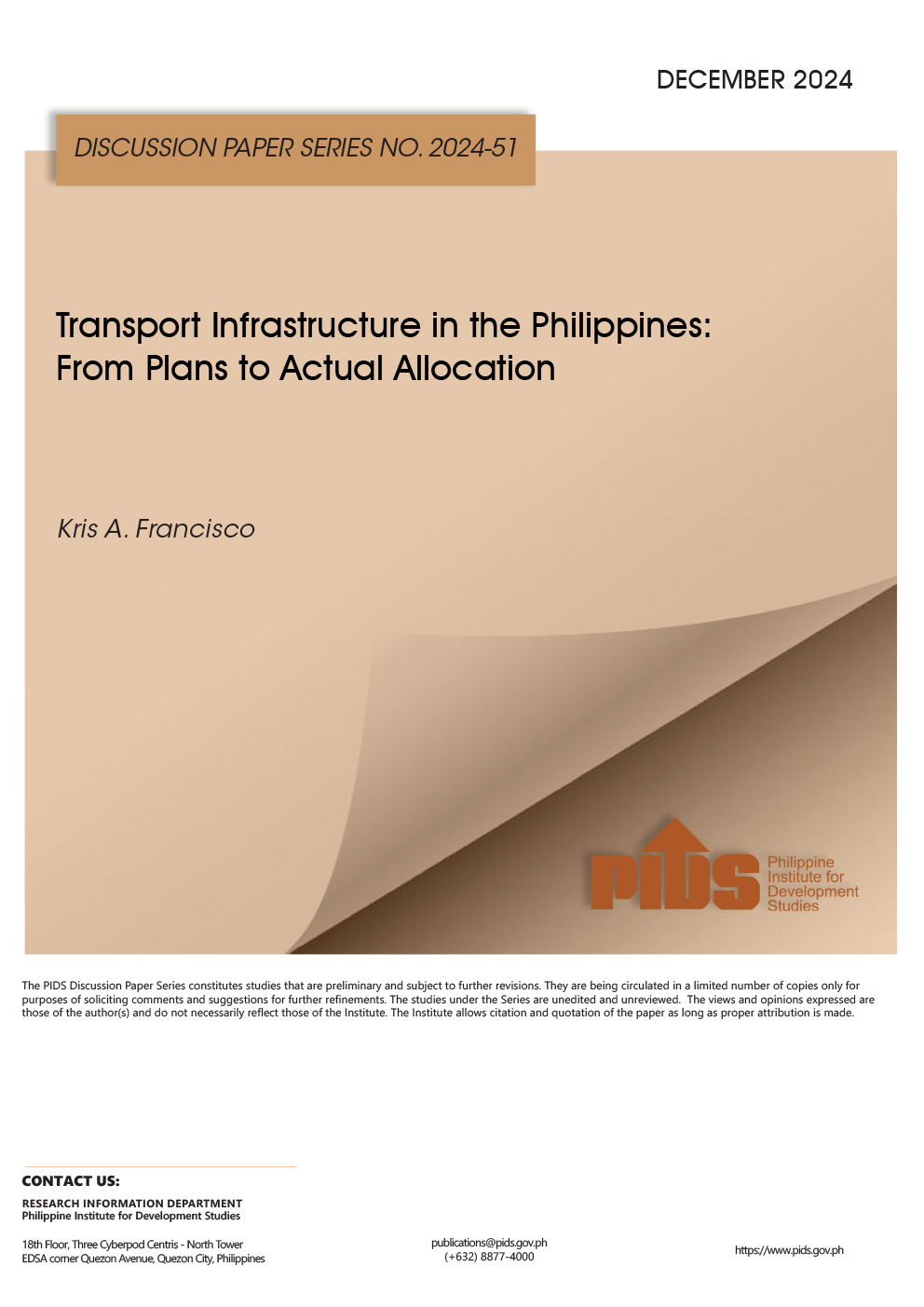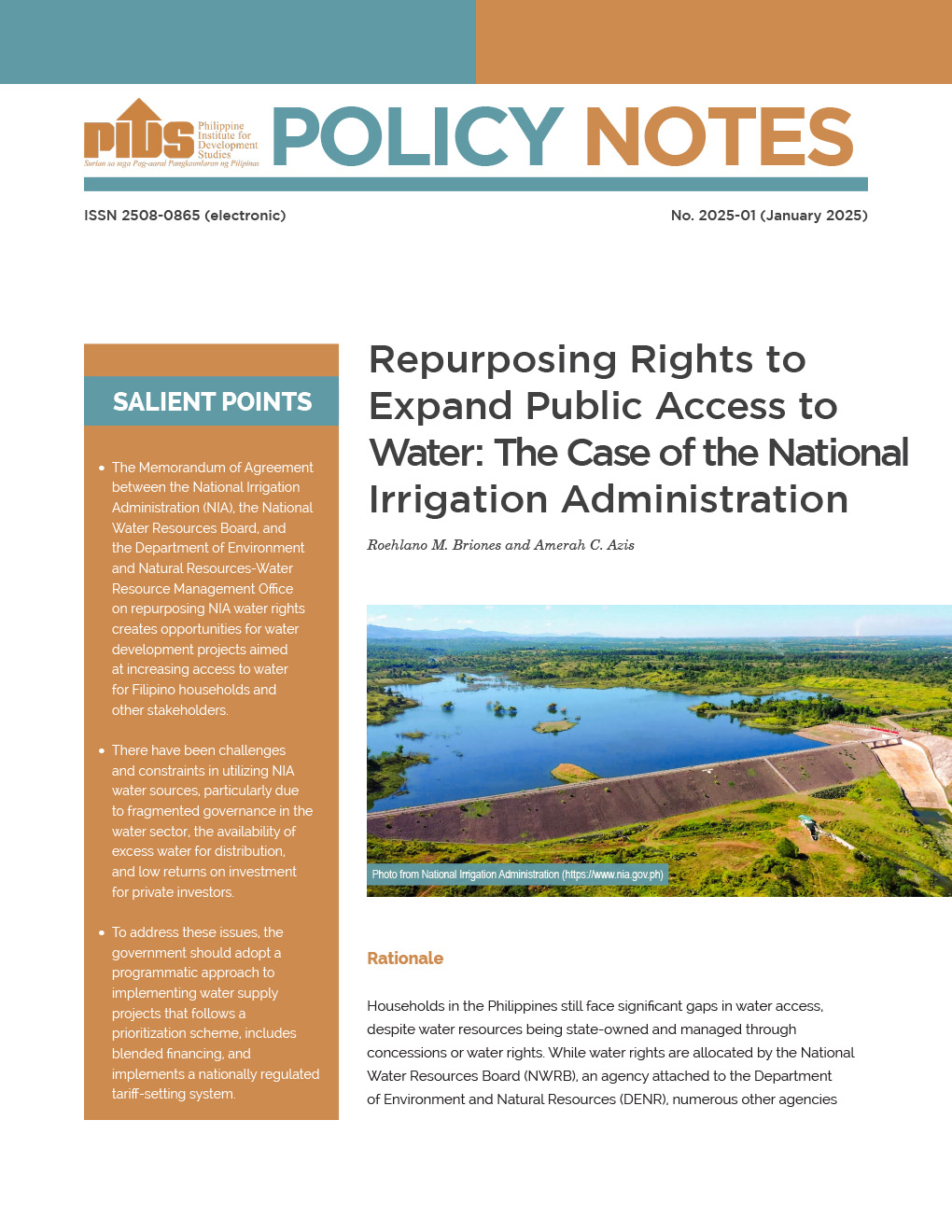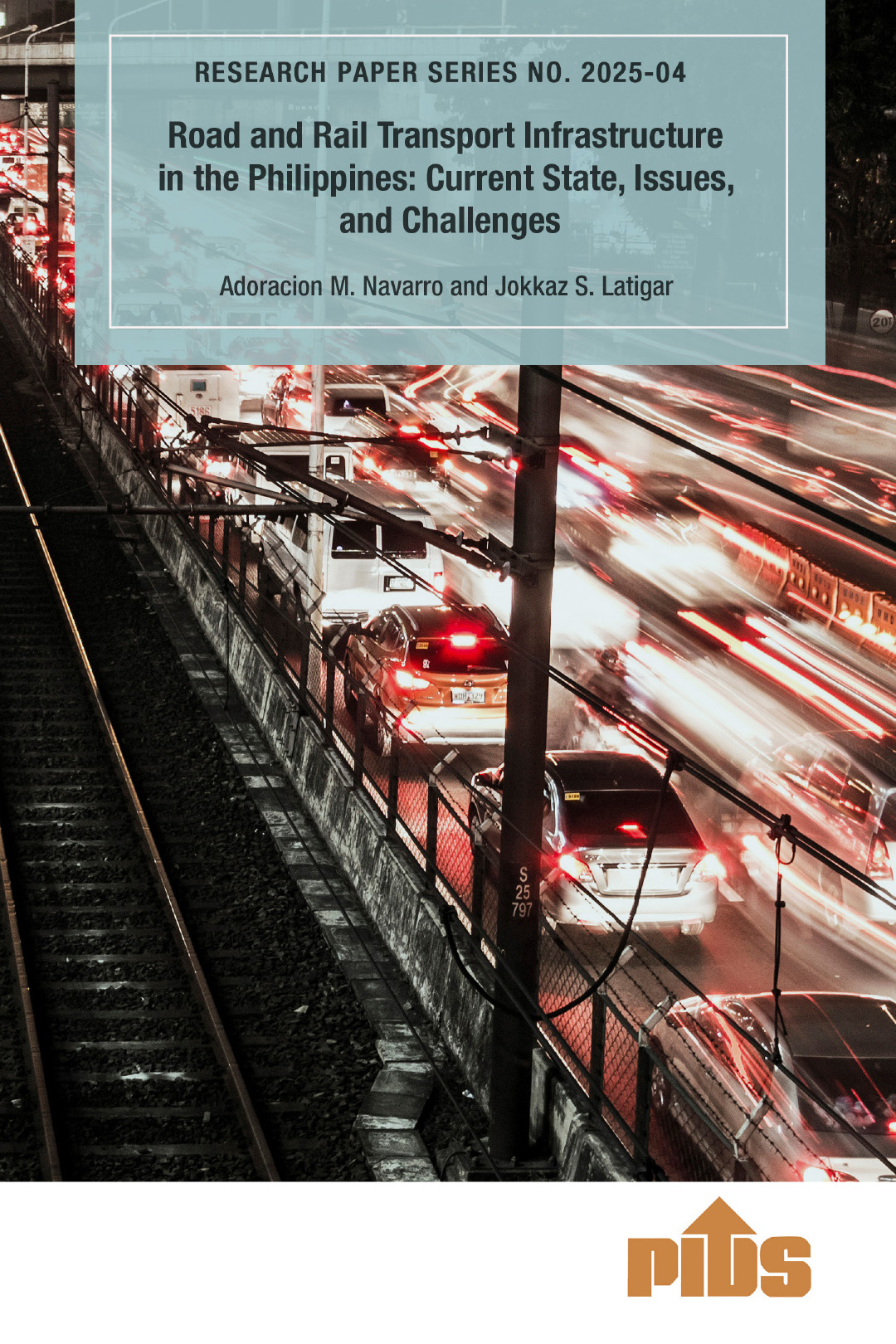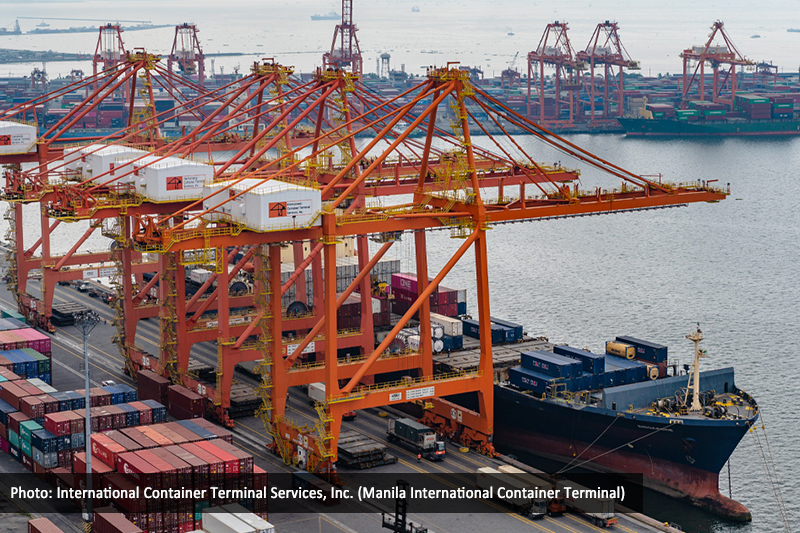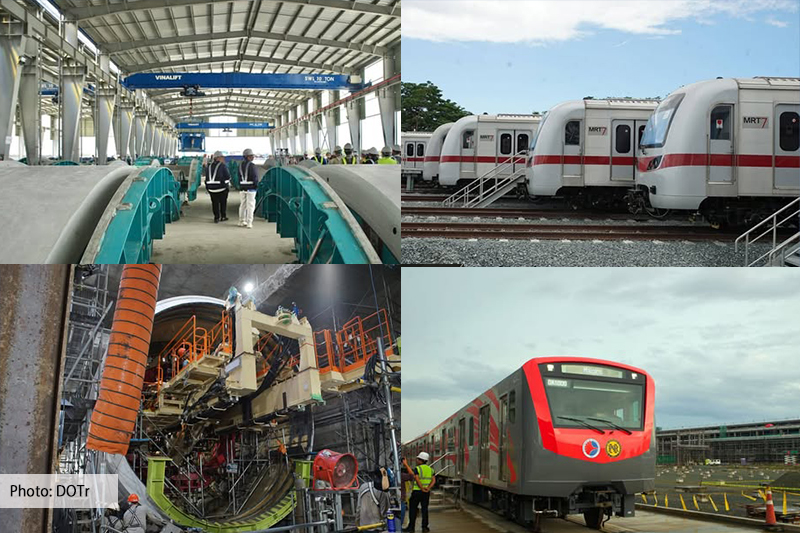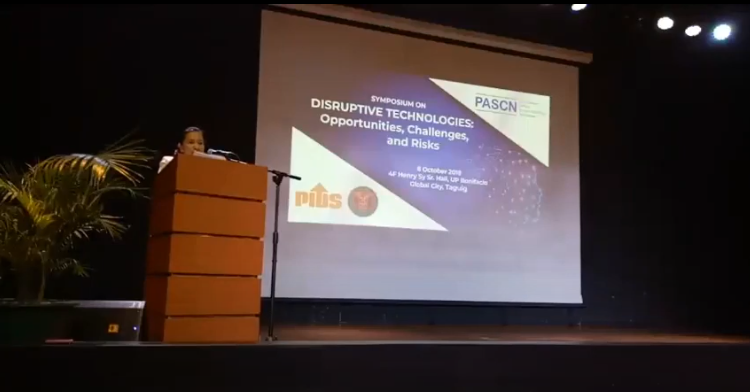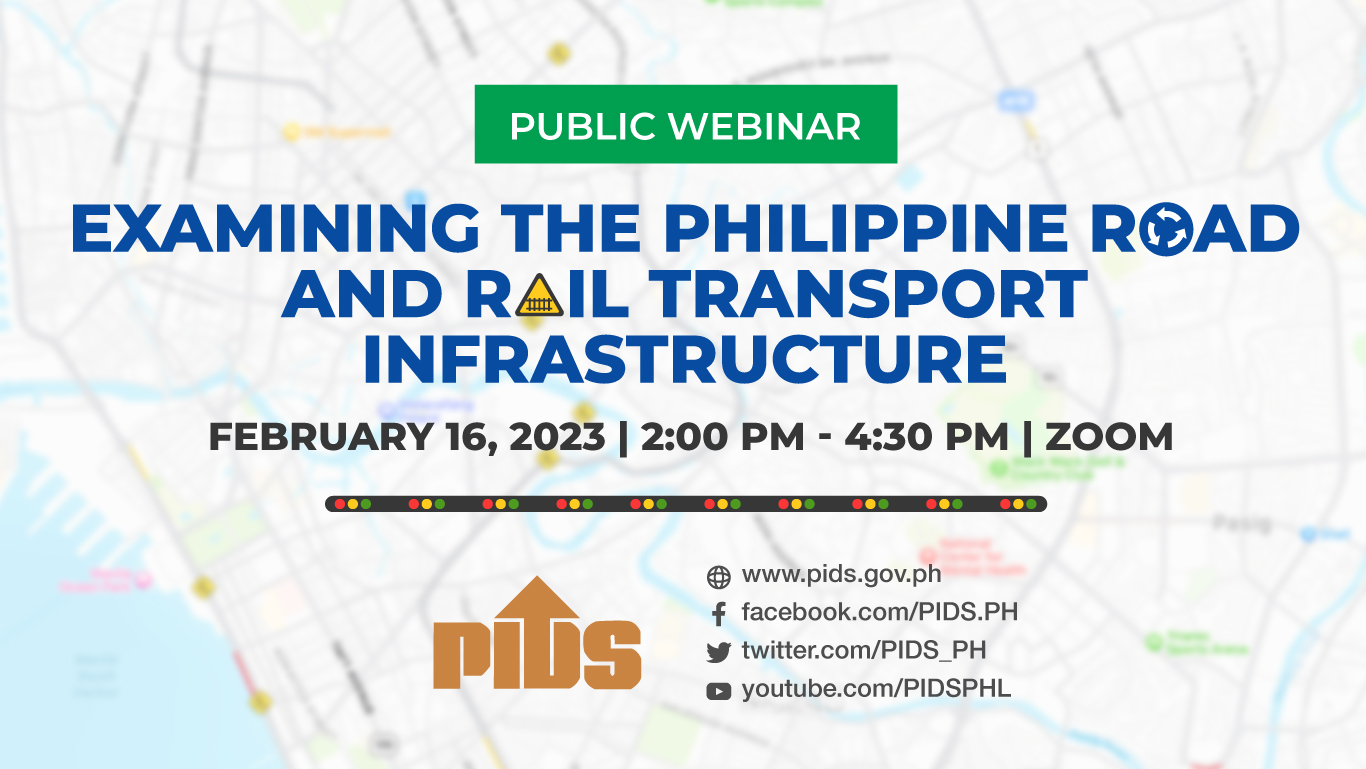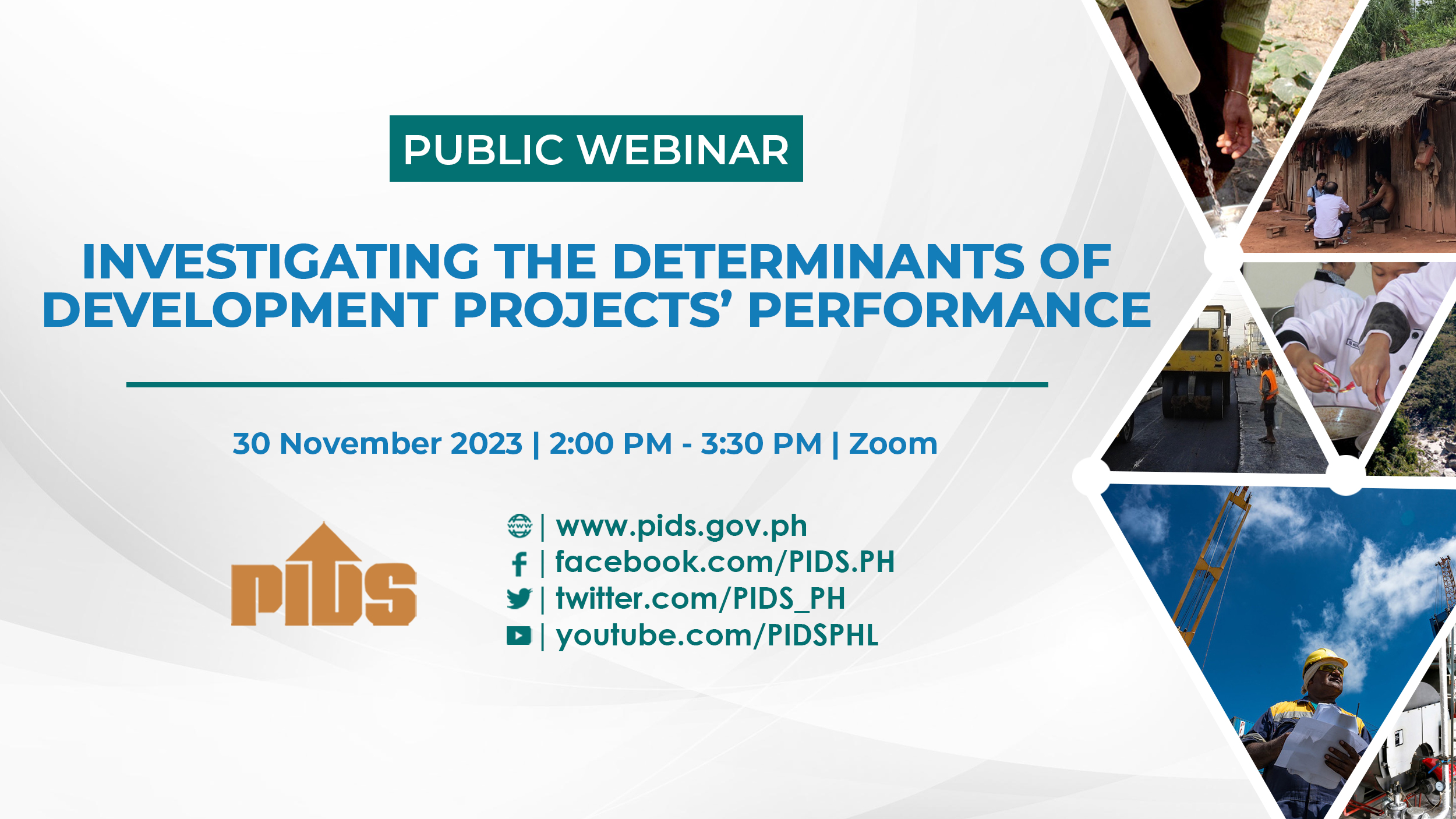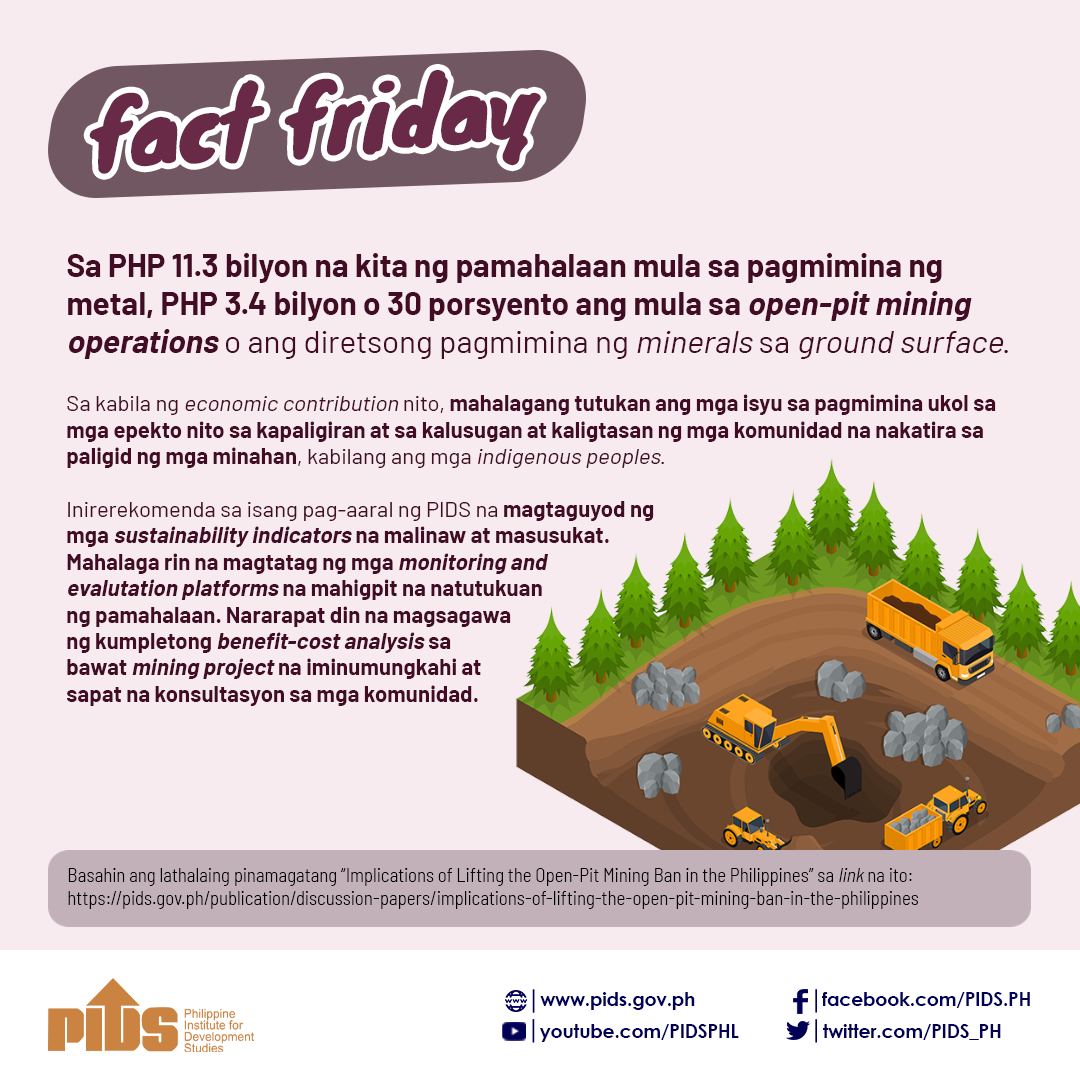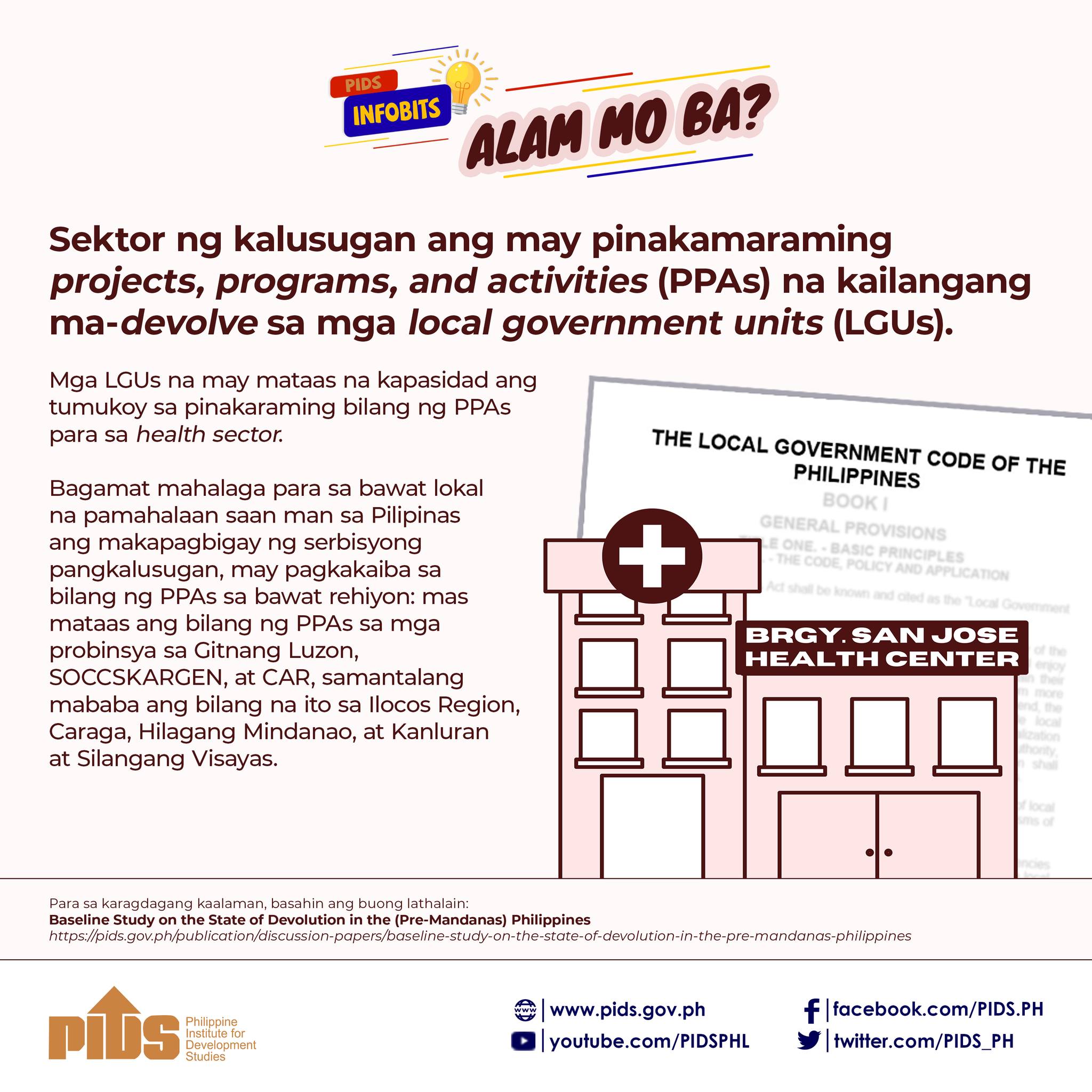MANILA – The Department of Transportation (DOTr) on Monday highlighted the importance of the big-ticket railway projects of the government in addressing traffic congestion in the National Capital Region (NCR).
During Monday's forum organized by the Economic Journalists Association of the Philippines (EJAP) in Intramuros, Manila, DOTr Secretary Jaime Bautista said better public transportation would push the public to leave their cars at home, thereby reducing the number of vehicles on the road.
He cited the North-South Commuter Railway (NSCR), the Metro Manila Subway Project (MMSP), the Metro Manila Transit Line 7 (MRT-7), and the extension and rehabilitation projects for the existing LRT-1, LRT-2, and MRT-3 as critical in freeing NCR from the daily gridlock of motor vehicles.
“The effect on traffic will be significant when we start the MMSP [and other railway projects],” he said.
While these projects are slated for partial operations in 2028 and 2029, he said projects such as the public utility vehicle (PUV) modernization program (PUVMP) and the Epifanio de los Santos Avenue (EDSA) Busway at present address the public’s need for public transportation.
“We have allowed P2P (point-to-point) buses to use the EDSA busway and their travel time has been reduced by 45 minutes to 1 hour. We encourage those who live in these areas to use these services,” he said.
One facet of the PUVMP, he said, is the Local Public Transport Route Plan (LPTRP) which aims to rationalize existing PUV routes as well as create new routes to optimize the country’s land transportation system.
He emphasized that new routes under the PUVMP are assigned to transport operators based on feedback from the local government and are entirely free.
The MRT-3 is also looking to increase the number of its operational trains to lessen the headway or the time commuters will wait between trains, thereby increasing its daily passenger capacity.
In addition, it is eyeing a shift to a four-car train setup from the present three-car trains.
However, he said MRT-3 stations must be upgraded as most can only support three-car trains.
With the theme “Powering the Economy Through Infrastructure Development,” EJAP’s forum hosted Bautista, Developers of Renewal Energy for Advancement Inc. president Atty. Jay Layug, and Philippine Institute for Development Studies research fellow Dr. Kris Francisco to discuss the challenges and solutions in the country’s push for new and better infrastructure.

